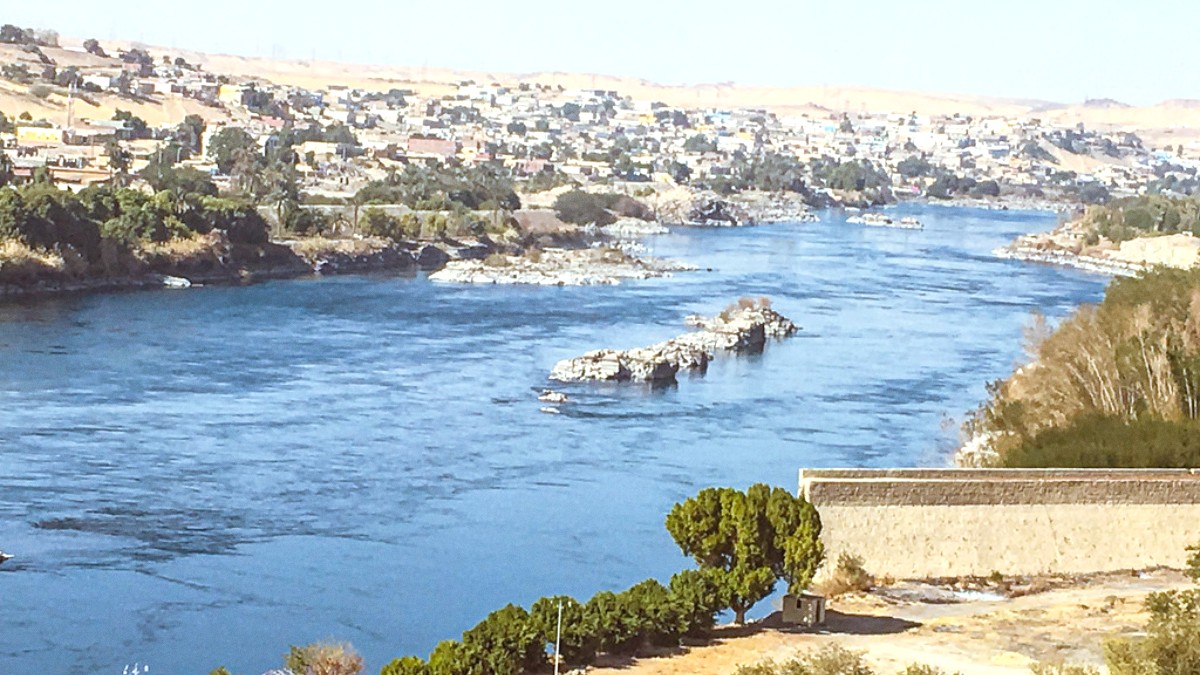
Nile Valley, Egypt
Abu Simbel, Kom Ombo Temple, and Edfu Temple are magnificent testaments to Egypt's ancient past, each within reach for a memorable excursion.
These sites are easily accessible, presenting deep dives into ancient Egyptian religious practices and architecture, thereby broadening the historical narrative beyond Aswan.
Careful planning for day trips out of Aswan rewards visitors with enriching experiences at monumental sites.
For Abu Simbel, organized tours via shared bus convoy present the most straightforward and cost-effective travel. A guided tour of Kom Ombo and Edfu, often part of a Nile cruise, unfolds valuable historical context.
Kom Ombo and Edfu invite exploration with a hired taxi, granting schedule flexibility. Self-driving to Abu Simbel is generally not permitted for tourists.
Aswan, famous for its history, also features a beautiful natural environment, with the Nile and desert offering peaceful respites.
Saluga and Ghazal Islands, protected reserves in the Nile, safeguard unique flora and fauna. Reach them by felucca or motorboat for birdwatching.
The West Bank desert presents stunning opportunities for sunrise or sunset views. Operators arrange short excursions, sometimes with camel rides, for memorable colors over dunes.
Aswan's core natural features are the Nile River and surrounding granite hills. The Aswan High Dam now controls the historic Nile flood, creating consistent conditions.
Beyond historic sites, the Nile River offers serene escapes. Felucca cruises permit a relaxed perspective on the river's timeless flow.
A short journey from the river, the vast desert landscape beckons with its quiet expanse and dramatic vistas, a stark contrast to the verdant Nile.
Beyond Aswan’s immediate city, further cultural excursions open more about the region’s heritage.
Kom Ombo and Edfu Temples, previously described, are prime examples of ancient Egyptian religious and architectural prowess, thereby extending the historical narrative beyond Aswan.
Explore less-visited Nubian villages on the West Bank for a more rural, authentic experience. Witness daily life and Nubian hospitality.
Aswan’s cultural landscape focuses on its riverine identity and desert proximity, differing from coastal or mountainous regions.
Deep cultural roots. Unique language and traditions.
Architectural marvels. Stories of pharaohs.
Daily life shaped by the Nile. Fishing and farming.
Aswan frequently acts as a gateway to other major Egyptian destinations, so multi-day extensions become a popular choice.
A 3 or 4-night Nile cruise offers a leisurely journey between Aswan and Luxor, visiting temples and enjoying river life. The cruise bundles accommodation, transport, and guided tours for ease.
Luxor, a logical next destination, presents an incredible collection of ancient sites, including Karnak Temple, Luxor Temple, Valley of the Kings, and Queen Hatshepsut's Temple. Two to three full days reveal New Kingdom history.
Cairo, further north, connects you to the iconic Pyramids of Giza, the sprawling Egyptian Museum, and the Khan el-Khalili bazaar. A perfect start or end to an Egyptian journey.
Begin in Cairo (2-3 days) for Pyramids, Museum, Coptic Cairo.
Fly/train to Aswan (2-3 days), then 3-4 night Nile cruise to Luxor (2-3 days).
Fly back to Cairo or connect to a Red Sea resort (Hurghada/Sharm El Sheikh) for relaxation.